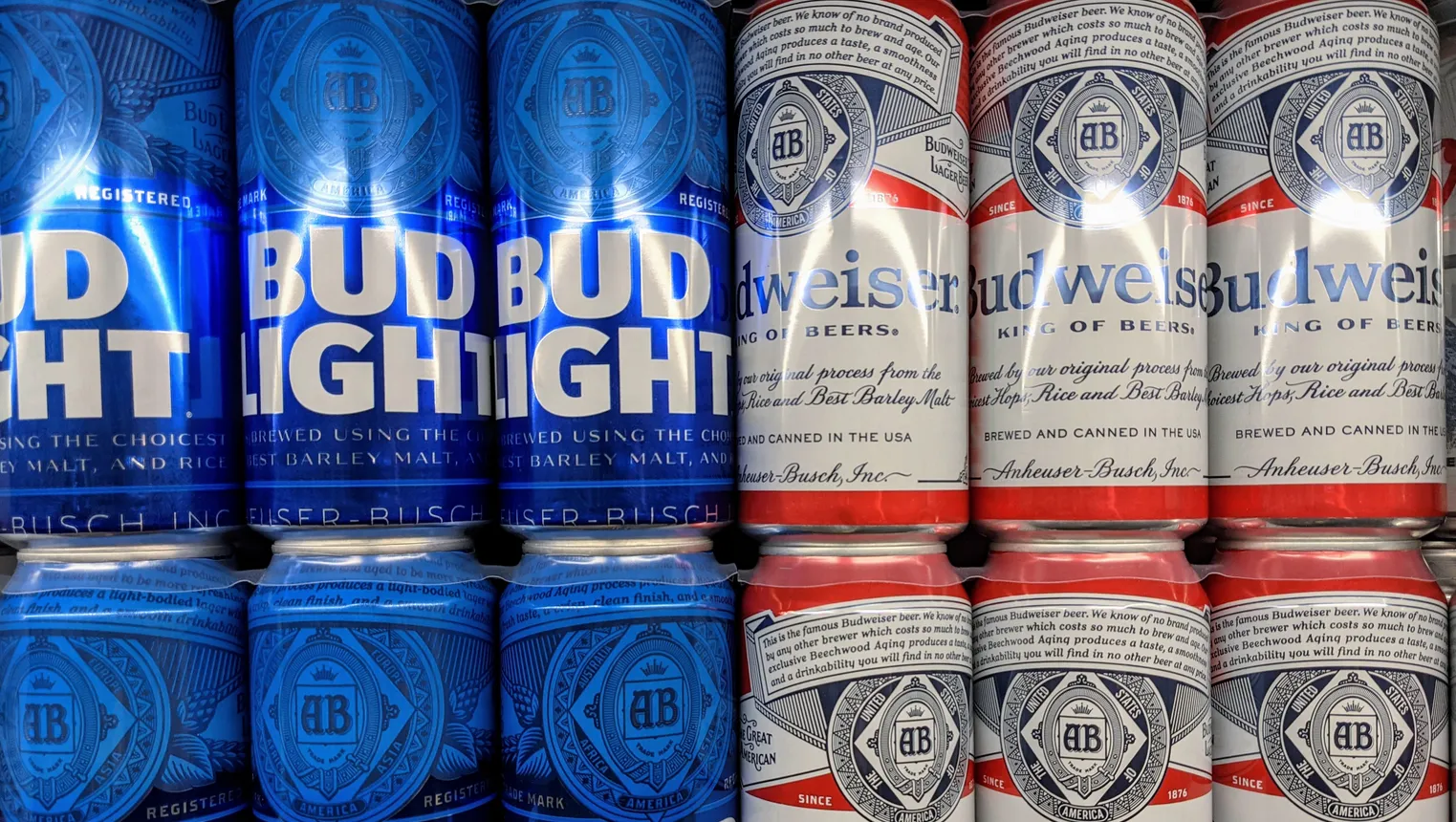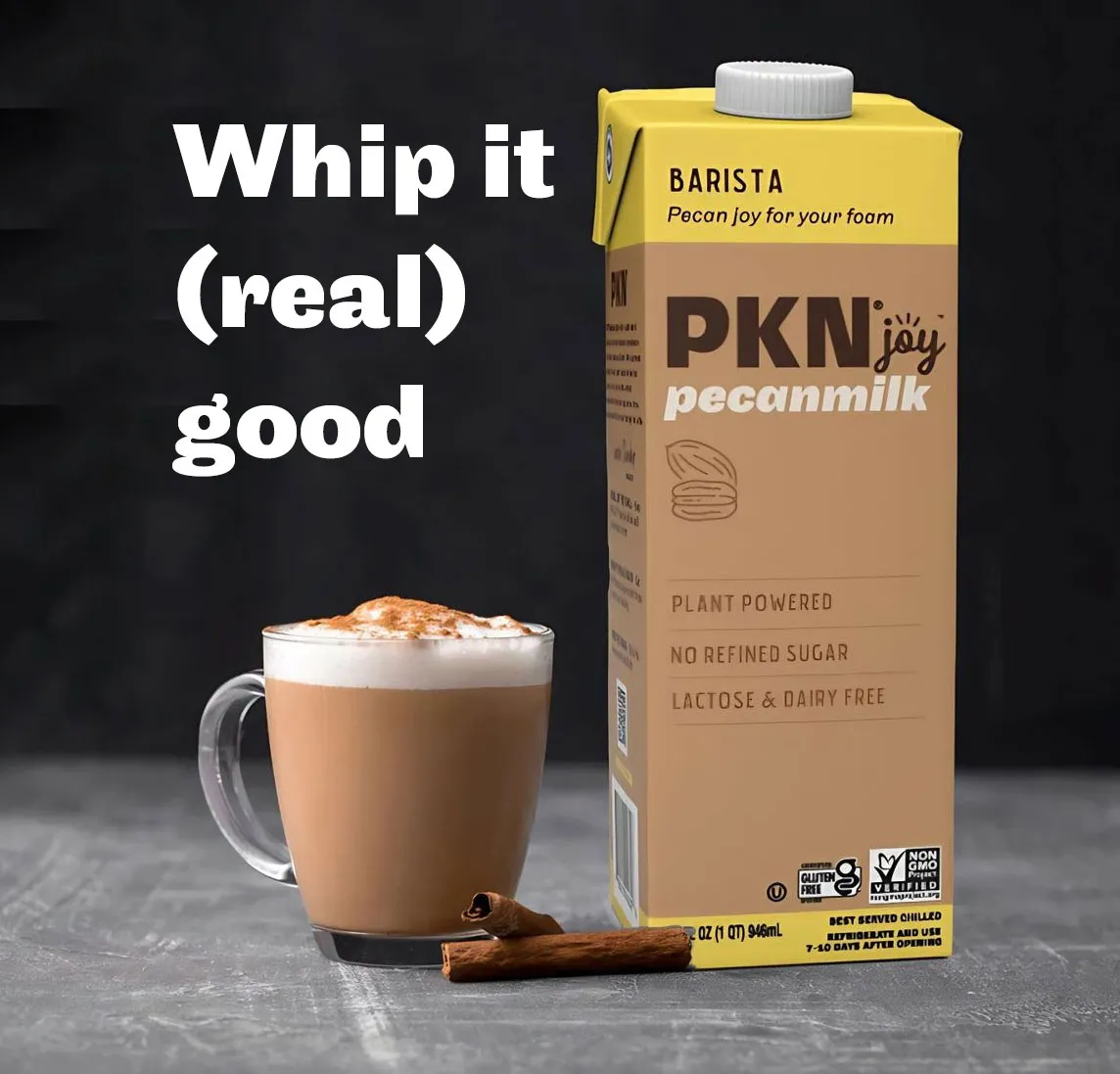The Weekly Sip is Food Dive’s column focused on the latest news in the rapidly changing and growing beverage sector. From inaugural product lines to big investments and controversial topics, this column aims to quench the thirst for developments in the category.
Pizza Hut uncorks tomato wine
A popular chain restaurant is making its first foray into alcohol with a tangy beverage that can be paired with a slice of pizza.
Tomato Wine by Pizza Hut, made in collaboration with Kansas winery Irvine’s Just Beyond Paradise, is made from tomatoes and infused with basil. The drink, which contains a blend of herbs and spices and notes of tomato and toasted oak, is designed to evoke a baked pizza crust. Its taste is similar to chilled white wine, the company said.
“As a brand who has pioneered many firsts in the industry, we took a beloved, classic pairing of pizza and red wine and flipped it on its head as we aim to spark intrigue and create a more memorable holiday pizza party,” Elyse Slayton, Pizza Hut’s director of advertising, said in a statement.
The wine is available for a limited time at the winery’s website.
Other brands outside of the alcohol industry have used limited-time launches to boost exposure for their products. In 2020, French’s Mustard collaborated with brewer Oskar Blues on a beer based on the popular yellow condiment. That same year, convenience store Sheetz debuted a beer that infused its glazed vanilla donut holes.

Optional Caption
Thai Phi Le/Food Dive
Anheuser-Busch brews efficiency with $14M investment
Beer giant Anheuser-Busch is forging ahead with its plan to restructure its manufacturing facilities.
The Budweiser and Michelob Ultra brewer announced this week a $14 million investment in its Houston Brewery to make the plant more efficient. Along with equipment upgrades, improvements will be made to warehouse roofs and wireless connectivity, as well as the installation of air rinsers on its production lines to decrease water usage.
This is the latest investment the beer giant has made in the Houston facility. Last year, it spent $22.5 million on the factory’s internal systems to improve workplace safety.
According to Anheuser-Busch, it has spent more than $2 billion in the last five years on its supply chain. Earlier this fall, it announced a $16 million expansion to its Los Angeles brewery to increase capacity for trendy ready-to-drink cocktails such as Nütrl and Cutwater.
Part of the AB InBev-owned brewer’s manufacturing strategy is closing less profitable plants. In August, the company announced plans to shutter a distribution facility in Medford, Massachusetts and move its operations in the region to a nearby wholesaler.

Optional Caption
Courtesy of PKN
Pecan milk maker pioneers plant-based coffee
One brand believes its new plant-based milk alternative is the perfect match for a morning cup of coffee.
Pecan milk maker PKN launched PKN Joy Barista, the latest iteration of its flagship product. The plant-based milk alternative features a buttery taste of roasted pecans. It is made from upcycled and sustainably sourced pecans, according to the brand.
Laura Shenkar, PKN’s CEO and founder, said in a statement the beverage has the ideal “foamability” consistency for frothing in cappuccinos and lattes.
“Pecanmilk is a sustainable alternative milk option, and the PKN JOY Barista elevates the morning experience without harming the environment,” said Shenkar. “We make our pecanmilk because pecans are the only commercial tree nut indigenous to the US, and we believe consumers will continue to appreciate both the taste and the values behind our products.”
The PKN Joy Barista is available on the company’s website and in select stores.
While not as common in plant-based products as other nuts such as almonds, pecans stand out as a healthy tree nut because of their protein, calcium, magnesium and potassium content.
PKN also pointed out that health benefits are associated with pecans. These include flavonoid antioxidants that can help with inflammation, and omega-3 fatty acids, which have the potential to lower a person’s cholesterol.







